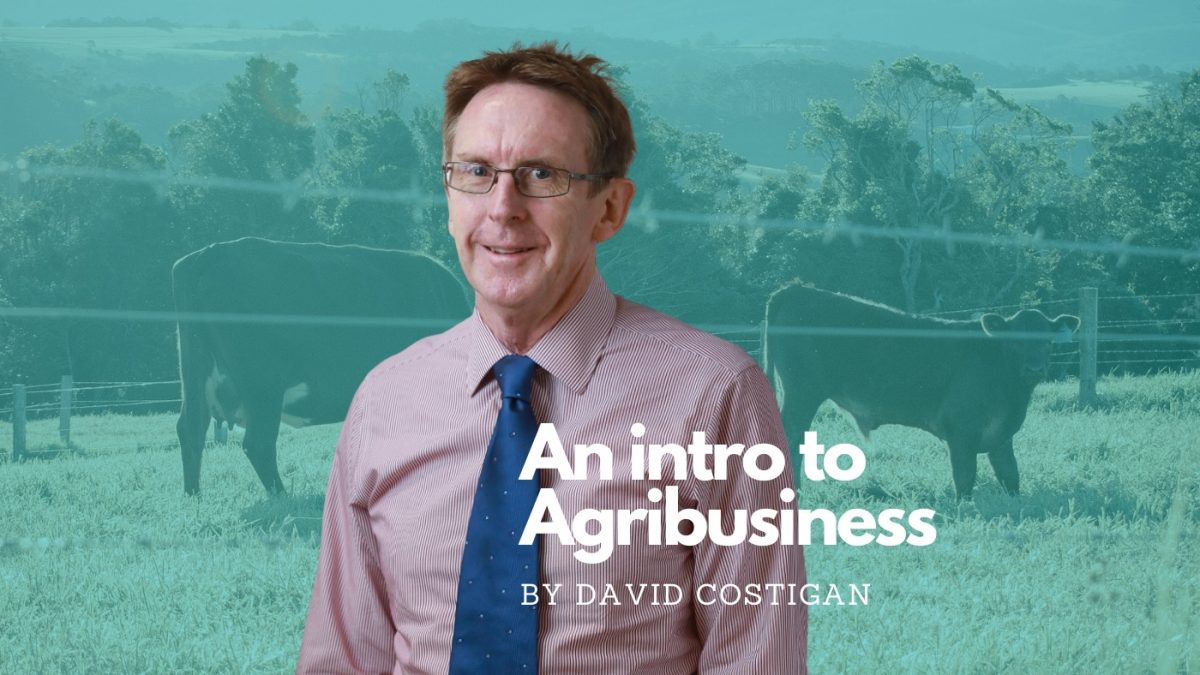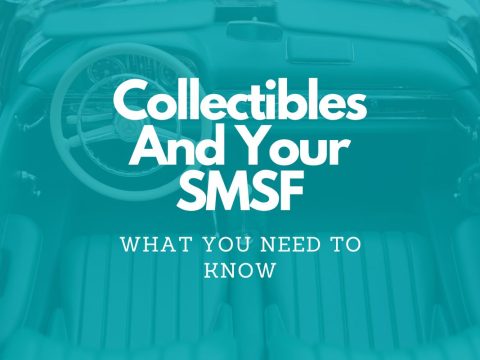A glimpse into the world of livestock sales
By David Costigan, Senior Accountant
A number of our farming clients operate cattle and merino sheep studs. For those not familiar with agriculture, studs are farms dedicated to breeding animals of a quality to sell to commercial farmers for their own breeding purposes. For example, a beef cattle stud will breed bulls for sale to commercial farmers to improve the quality of their commercial herds.
If you want to dive deeper and check out some of our longtime friends and clients in this space, try Glenwood Merinos (Wellington NSW), Grassy Creek Merinos (Reids Flat), Manchee Ag (Narrabri) and Watasanta (Tamworth). One of the highlights of our work is when we get to hit the road and catch up with these great families in person.
What farmers look for
To be successful they must possess superior genetics, which requires much expertise on the part of studs in selecting top animals. A stud cattle farmer, for example, will be looking for many physical characteristics such as: body size, conformation, muscling and even teeth and feet soundness. They will also use many measurable traits such as growth rates, meat tenderness, calving rates and, believe it or not, scrotal circumference (which importantly is an indicator of the number of cows, or in the case of rams, ewes, they can mate with). For a Merino sheep stud, wool quality will obviously be a big focus.
It’s very noticeable when speaking with these clients the passion they have for their animals, which is surely a big part of their success. Livestock breeding is a slow and intensive process and it takes a number of years to see the outcomes of their decisions. The use of artificial insemination and IVF has assisted in speeding up genetic gains in more recent years, however it still takes time.
How livestock sales work
Our stud farming clients tend to have their on-farm bull and ram sales in the spring to fit in with the breeding programs of their clients. The on-farm sale is the culmination of the year’s work and always a busy but nervous time as it forms a big portion of their income for the year.
Prices received (compared to what other studs receive in the year) help gauge how their animals are rated by other farmers and of course networking and marketing are important factors. Ultimately it is the quality and performance of the animals that rates them over the longer term, as word gets around if a stud’s progeny are not performing given the close-knit farming community.
The on-farm sale involves the animals being penned in some manner prior to the sale for inspection by prospective purchasers, with the animals all being logged in a catalogue with a large amount of statistical information available on each animal. The purchasers will visually inspect the animals, while taking note of the measured characteristics from the catalogue in deciding which animals they are interested in trying to purchase within their price range. The sale is usually conducted as an auction.
Technology steps in again
As with most events, Covid has had a big impact on conducting these on-farm sales, with technology playing a big part in enabling sales to proceed. Online livestock sales have been operating for many years but until now were limited in the stud stock industry as it was always thought that one needed to view the animal to make appropriate selections.
Photos and videos incorporated with online catalogues enable animals to be assessed online and, from the prices being achieved recently, it has been remarkably successful. However, as you can imagine, cataloguing by photographing and filming each animal creates a huge amount of additional work for the studs, and when Covid restrictions are eased it will be interesting to see how the online component progresses.
Economic considerations
The broader economic and environmental outlook is extremely important to farmers and has a big impact on prices received. As expected, drought has an impact on prices, however on the flipside drought in other countries can have a positive impact on prices in Australia. Economic conditions in Australia and around the world have an impact on prices and perhaps more so for the wool industry, as wool tends to be seen as a luxury item. Farmers are all acutely aware of the level of the Australian dollar as the lower our dollar is trading, the more competitive our products are against other countries.
Currently all our livestock prices are trading at historically very high levels and the outlook for agriculture seems very positive with the growing middle class in the developing world. This in turn flows through to the prices paid for stud stock with prices having been very strong in recent years despite the drought.
Finally, we wish to congratulate our clients Neil & Rosalie Watson of Watasanta Stud in Tamworth, who recently held a hugely successful sale where they achieved a record top price of $100,000 for one of their Santa Gertrudis Bulls! Read more about this stellar result here.




